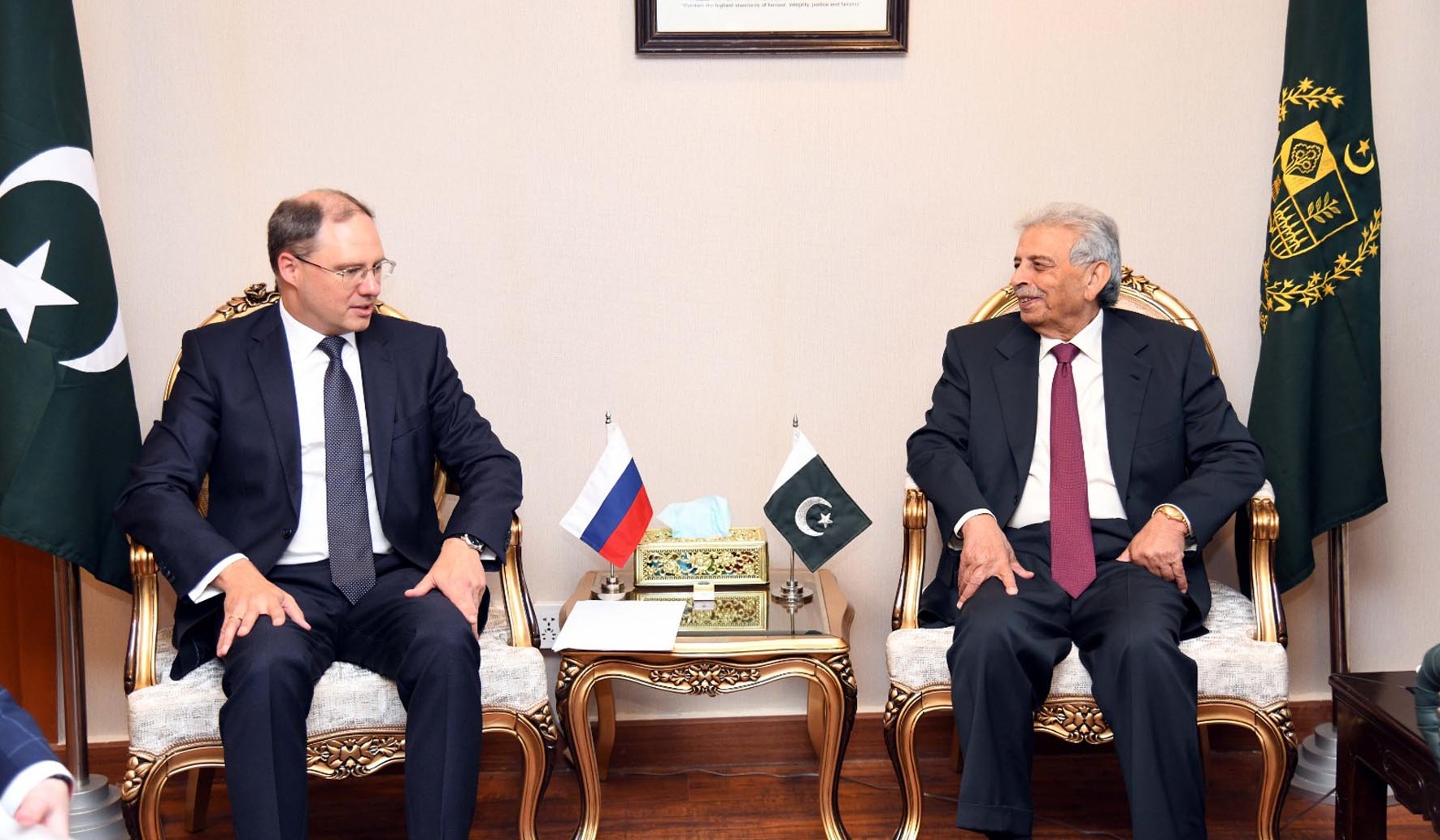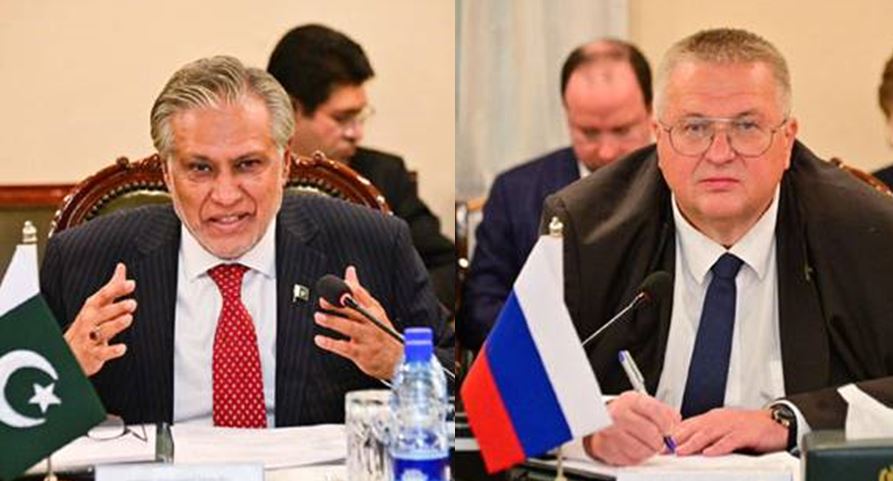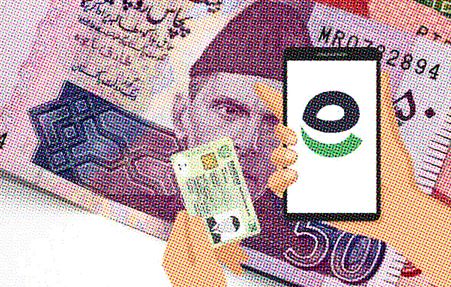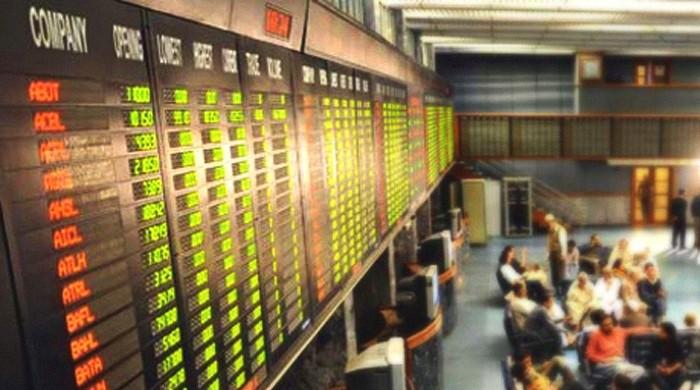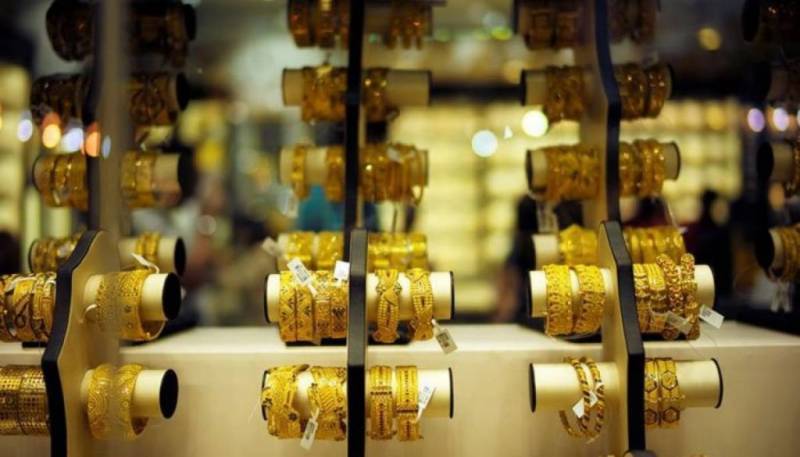ISLAMABAD:
In recent years, Pakistan has emerged as one of the leading exporters of coarse rice globally, rebounding from the setbacks of the 2022 floods and benefiting from upward revisions in Minimum Export Prices (MEPs) by the Ministry of Commerce.
Achieving another historic milestone, Pakistan exported more rice in the first 10 months of the current fiscal year, shipping out 5.087 million tonnes valued at $3.283 billion, marking an 80% increase compared to the previous fiscal year (2022-23), which saw exports worth $1.822 billion and 3.270 million tonnes in quantity.
This significant achievement was attained despite the high export refinance rate at 19%, a policy rate at 22%, and a stable rupee against the dollar during the period.
The argument presented by economists, suggesting that rupee devaluation and low interest rates are drivers of export growth, appears invalid when considering the rice market, and other essential edible commodities in general.
Despite exporting more rice this year at higher prices compared to last year, both Basmati and non-Basmati rice prices have surprisingly fallen in the domestic market. This anomaly indicates that rice hoarders and stockists were less inclined to hoard due to high interest costs, while tightened border security measures minimised rice smuggling to neighbouring countries like Iran and Afghanistan. Non-Basmati rice shipments, which have traditionally been a cornerstone of Pakistan’s exports, amounted to 463,035 metric tonnes in April 2024, with a value of $274.815 million. However, this figure represents a decline of approximately 15% in both quantity and value compared to shipments in March 2024.
Similarly, Basmati rice exports also experienced a downturn in April 2024, with 66,863 metric tonnes valued at $76.861 million, reflecting a decrease of 8.31% in quantity and 7.34% in terms of US dollar value compared to March 2024 exports. During April 2024, total rice exports from Pakistan reached 529,899 metric tonnes, valued at $351.676 million. This marks a significant increase from April 2023 figures, which stood at 331,077 metric tonnes worth $223.903 million.
Exports of coarse rice varieties are increasing due to an increase in cultivation area and per-acre yield. However, Pakistan, the true home of prized Basmati, has witnessed a loss of its major traditional markets, from Saudi Arabia to the UAE, GCC countries, and the largest Basmati consumer market, Iran.
India, offering lower prices of various Pusa varieties that resemble Basmati but lack its characteristic aroma, has made significant inroads into these markets, including Iran, Iraq, Syria, and Jordan.
Pakistani Basmati rice growers are swiftly transitioning to high-yield hybrid coarse rice varieties due to several factors: the lower yield of original Basmati, high costs, and losses incurred when harvesting and bringing Basmati paddy to market. Cultivation of hybrid coarse varieties is rapidly increasing in traditional Basmati-growing areas, gradually replacing Basmati crops.However, the rice season of 2023-24 proved to be a nightmare for Basmati growers, who faced the distressing reality of selling their Basmati paddy at nearly 50% lower prices compared to the 2022-23 season.
Furthermore, some Basmati growers in many districts of Punjab were severely impacted by unscrupulous seed vendors who sold them illegal seeds at inflated prices, falsely promising high yields.
Rice exports on a monthly basis have been on a downward slide since January 2024, owing to several factors, mainly due to speculative activities of big rice brokers and traders from Sindh. These activities have made rice export quotes uncompetitive, particularly amidst the downward trend in international rice markets observed in other rice-exporting countries.
As the season nears its end, increased speculative activities by market players are further impeding export momentum.
Basmati rice export pace is also slowing down, with exporters shipping out 66,863 metric tonnes valued at $76.861 million, compared to 72,919 metric tonnes worth $82.946 million. This decline is attributed to stiff competition with India offering Pusa rice varieties at lower prices.
There is a growing concern regarding India selling more than 4 million tonnes of Pusa rice varieties, labelled as Basmati rice, to innocent new generation consumers living abroad. These varieties are not photosensitive period varieties and can be grown anywhere in the world.
Basmati rice is Pakistan’s heritage and geographical indication (GI), registered under the Trade Development Authority of Pakistan (TDAP) since January 2021. The Ministry of Commerce should devise a plan to utilise the economic benefits of the Basmati GI tag, as it is a source of value addition and guarantees authentic Basmati.
These benefits should be passed on to the growers of original Basmati rice in Kalar tract to protect Basmati heritage. However, the precious Basmati paddy production is declining due to low yield and low prices.
In the current season, growers are being offered almost 50% lower prices. Farmers of the Kalar tract may sow less Basmati in upcoming seasons due to high input costs and low market prices.
There are reports of India spreading paddy seeds of ingenuine varieties of Basmati into Pakistan through borders and via third-country shipments. Prime Minister Shehbaz Sharif announced to act against the seeds mafia soon after taking office.
The Green Pakistan Initiative, under the umbrella of the Sustainable Development Policy Institute (SDPI), is trying to attract investments in the agriculture sector to boost production and exports, which have the potential to earn $30 billion.
Saudi Arabian investors are keen to invest in Basmati cultivation and milling. The Ministry of Commerce, along with the Ministry of National Food Security and Research (MNFS&R) and Punjab’s concerned agriculture ministry and departments, must address the issue of smuggled illegal seeds, which may erode Pakistan’s original Basmati rice production.
The issue of illegal smuggled seeds from India was brought to the attention of the Ministry of National Food Security and the Ministry of Commerce in August 2018, and both ministries took serious note of this issue. However, unscrupulous trade sectors managed to continue this practice through various channels.
PM Sharif and Punjab Chief Minister Maryam Nawaz must order an investigation into the matter of illegal seeds. Agriculture is the backbone of Pakistan’s economy, and smuggling may jeopardise Pakistan’s traditional Basmati rice varieties, which constitute a billion-dollar trade.
THE WRITER IS A COMMODITIES CONNOISSEUR, FORMER MEMBER MANAGING COMMITTEE OF REAP AND FORMER VICE PRESIDENT OF KCCI
Published in The Express Tribune, May 27th, 2024.
Like Business on Facebook, follow @TribuneBiz on Twitter to stay informed and join in the conversation.
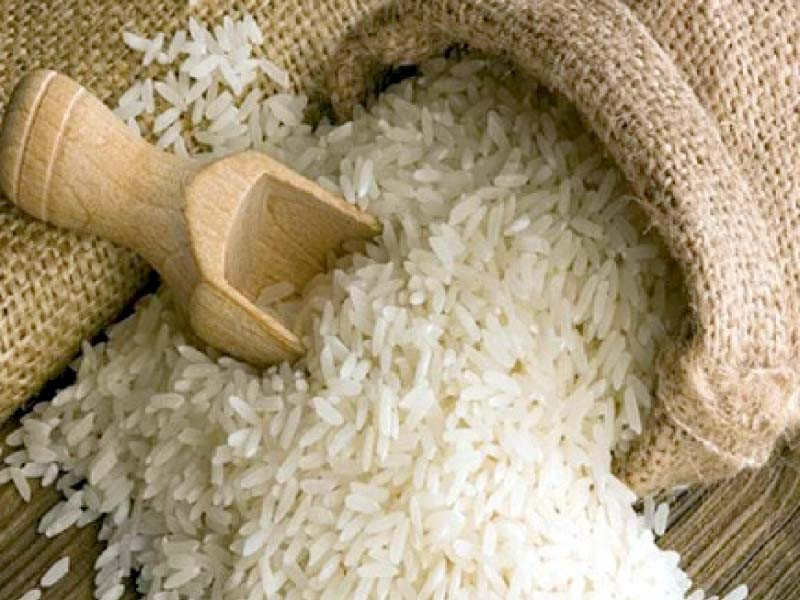

 Technology6 مہینے ago
Technology6 مہینے ago
 Pakistan7 مہینے ago
Pakistan7 مہینے ago
 Sports6 مہینے ago
Sports6 مہینے ago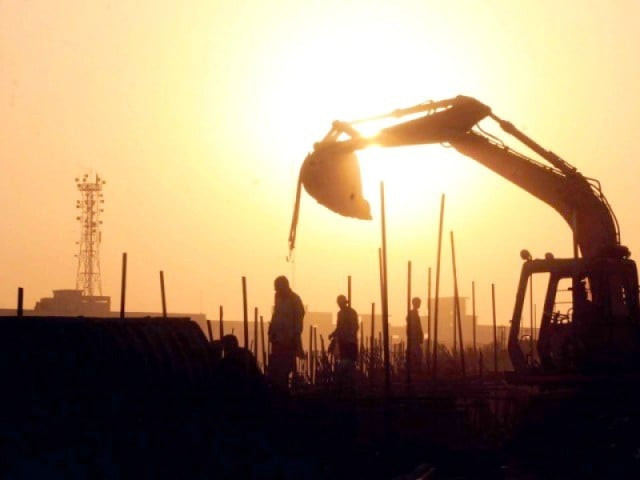
 Pakistan6 مہینے ago
Pakistan6 مہینے ago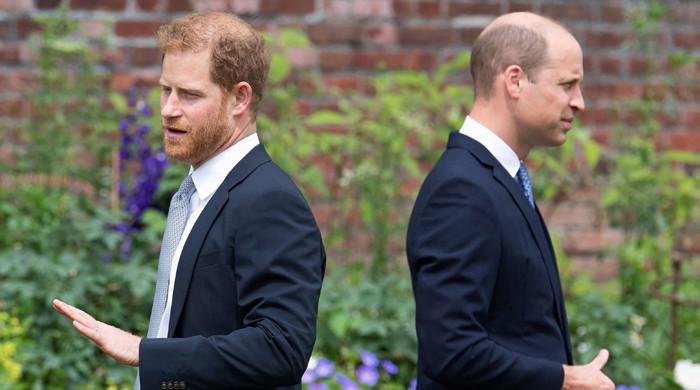
 Entertainment6 مہینے ago
Entertainment6 مہینے ago
 Pakistan6 مہینے ago
Pakistan6 مہینے ago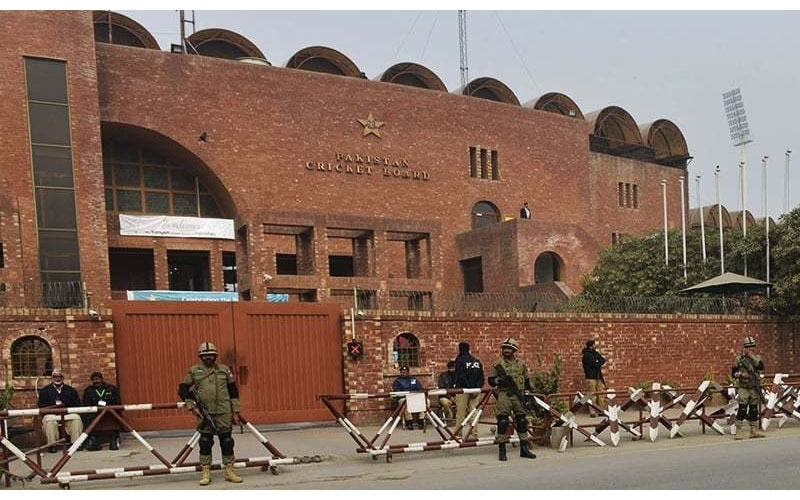
 Sports5 مہینے ago
Sports5 مہینے ago
 Entertainment6 مہینے ago
Entertainment6 مہینے ago
